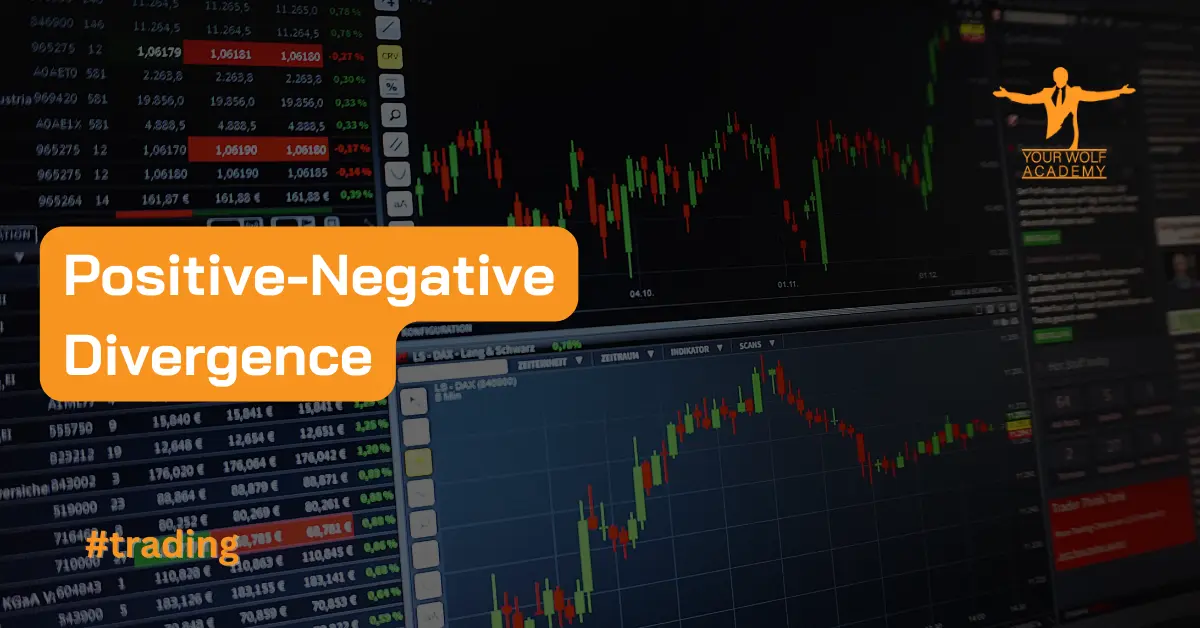In the fast-paced world of finance, jobber traders play a vital role in the efficient functioning of financial markets. Jobber trading, also known as scalping, involves making quick transactions to take advantage of short-term price fluctuations in various financial instruments such as stocks, commodities, or currencies.
This comprehensive article explores the responsibilities, strategies, and skills required to succeed as a jobber trader.
Understanding the Jobber’s Role
A jobber trader’s primary responsibility is to make profits by capitalizing on small price differentials within the market. Unlike investors or long-term traders who focus on the fundamentals of an asset, jobber traders rely on technical analysis and short-term market movements.
They aim to make a profit from the bid-ask spread, which is the difference between the buying and selling prices of a security.
Jobber traders are typically employed by financial institutions like investment banks, hedge funds, or proprietary trading firms. They execute trades on behalf of their firms, utilizing advanced trading platforms and tools to maximize their efficiency and effectiveness.
Key Skills and Qualifications
To excel as a jobber trader, certain key skills and qualifications are essential. These include:
- Strong Analytical Skills: Jobber traders must possess excellent analytical abilities to interpret market data, identify trends, and make quick decisions. They need to analyze charts, indicators, and other technical analysis tools to determine optimal entry and exit points for their trades.
- Risk Management: Jobber traders operate in a high-risk environment due to the frequency of their trades. Effective risk management skills are crucial to mitigate potential losses and protect their capital. Setting stop-loss orders, diversifying portfolios, and using risk management tools are essential aspects of a jobber trader’s skill set.
- Quick Decision-making: The ability to make split-second decisions is a fundamental requirement for jobber traders. Market conditions can change rapidly, and traders must react swiftly to capitalize on profitable opportunities or cut losses promptly.
- Stress Management: The job of a jobber trader can be highly stressful, given the need for constant vigilance and the potential for significant financial gains or losses within a short period. Traders must develop effective stress management techniques to maintain a clear and focused mindset during volatile market conditions.

Effective Jobber Trading Strategies
Jobber traders employ various strategies to identify and capitalize on short-term price movements. Some common strategies include:
- Scalping: This strategy involves making numerous small trades to profit from minor price fluctuations. Traders aim to capture small profits consistently by entering and exiting positions quickly.
- Momentum Trading: Momentum traders focus on assets that are experiencing significant price movements in a particular direction. They seek to ride the wave of momentum and exit the trade before the price reverses.
- Statistical Arbitrage: This strategy involves exploiting pricing inefficiencies in related financial instruments. Traders identify correlated assets and execute trades when the price relationship deviates from its historical average, anticipating a reversion to the mean.
- News Trading: Traders who adopt this strategy monitor news and economic releases to identify trading opportunities. They capitalize on the market’s reaction to significant news events, such as earnings reports or central bank announcements.
Challenges and Risks
While jobber trading can be lucrative, it also presents several challenges and risks. The highly competitive nature of the job requires traders to stay updated with the latest market developments, constantly adapt their strategies, and remain disciplined in their approach. Additionally, market volatility and unexpected events can lead to substantial losses if not managed properly.
Conclusion
Jobber trading is a demanding yet rewarding role in the financial industry. With its emphasis on short-term price movements and quick decision-making, jobber traders play a crucial role in maintaining market liquidity and efficiency.
By possessing the necessary skills, employing effective strategies, and managing risks adeptly, jobber traders can thrive in this fast-paced environment and achieve consistent profitability.


